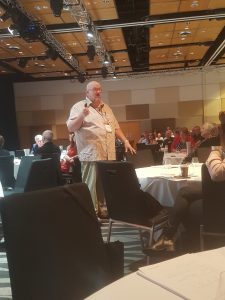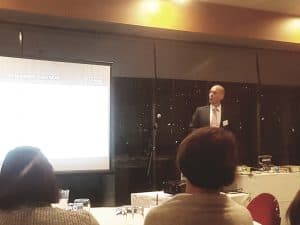 In support of this year’s election of new Board members to the Safety Institute of Australia, the Safety on Tap podcast has granted each nominee ten minutes to introduce themselves. Some of these episodes raised the following points of interest:
In support of this year’s election of new Board members to the Safety Institute of Australia, the Safety on Tap podcast has granted each nominee ten minutes to introduce themselves. Some of these episodes raised the following points of interest:
- The need to change the demographics of the occupational health and safety (OHS) profession to reflect society.
- Any organisation that is undergoing change must acknowledge that even though it may be replacing “old school” thinking and structures, sustainable progress is best achieved by accepting the future is built by “standing on the shoulders of giants”.
- Just because an organisation or profession has been structured one way in the past does not mean that structure remains applicable for the future.
Continue reading “Configuring the safety profession for the future”

 It was
It was  There is much general discussion about the
There is much general discussion about the 


